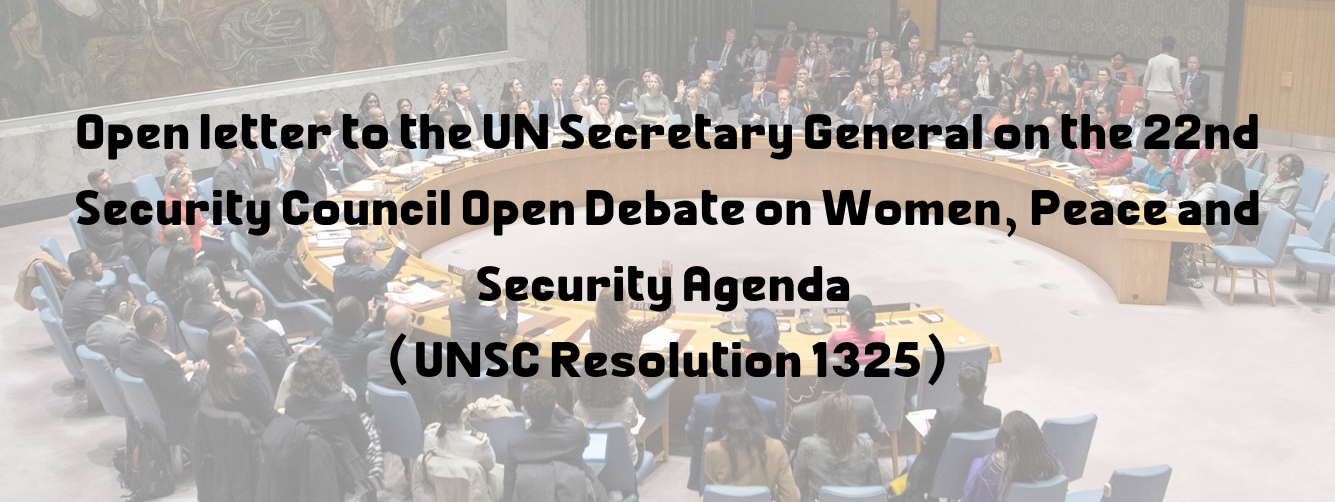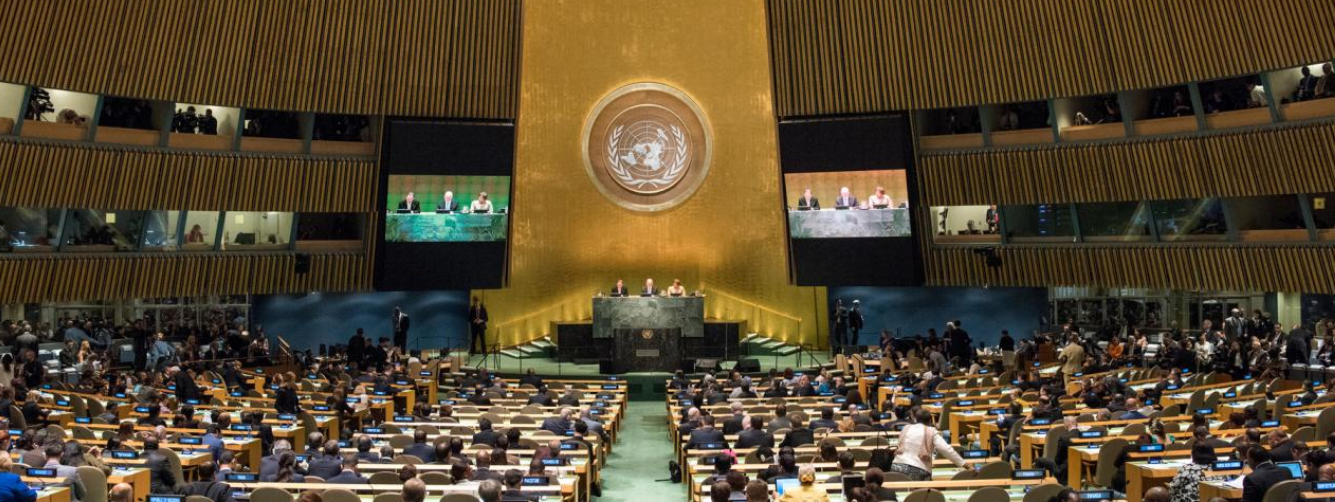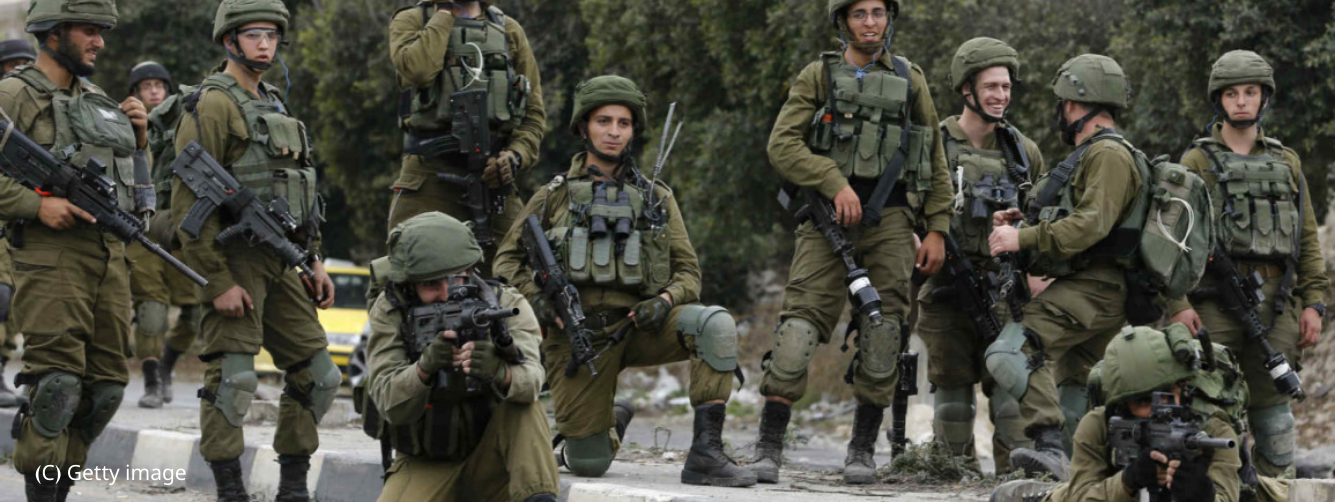
My dear Sarah,
I have for months intended to write this letter to you, but again and again have put it off, no doubt for the same reason that, many years ago, when your mother and her sisters were themselves young girls just entering the fresh splendor of their adolescence, I put off and eventually postponed indefinitely writing a similar letter to them. I should have done it then, when they were your age now, fifteen, only a few months from turning sixteen, beautiful, intelligent, newly in love with the truth and certain of its existence in the great world beyond the family.
I watched them those long years ago, just as I watch you now, eager yet frightened, take their first tentative steps out of the closed circle of the clan into the larger, more abstract communities that would barter relentlessly for their allegiance. I wanted to be able to counsel and warn them, even to hold them against their will close to the hearth back inside the family cave, for they were my four beloved daughters, after all, and I felt a father’s powerful need to protect them against the traps and snares that I knew lay in wait out there in the world. At the same time I wanted to encourage them to embrace that world whole-heartedly–just as I do you today. Their true lives, their lives as adults, lay out there, not here at home, where only their pasts, their all-too-brief childhoods, lay.
But that was twenty and more years ago, and I was still struggling in those days to sort out my own allegiances to family and tribe, to friends, to my next larger social circles, to the several institutions and communities with which I identified myself, to the nation, and to all of humanity itself. The path that led from thinking of myself as merely an adolescent member of the Banks family to viewing myself as an adult member of the human species was for me still, even in my forties, a tangled one, a largely unmapped maze with many cul-de-sacs and dead-ends, and I hadn’t yet found my own way out of it, and so felt unqualified to advise your mother and her three lovely sisters, your aunts, on the best way to find their way through. How we arrange our allegiances, which so quickly come into conflict with one another, how we sort and stack them and make of that stack an hierarchy of loyalty, is how we make ourselves. Who we love and are faithful to, first, second, third, and so on, is ultimately who we are. Who and what we will defend and in whose interests we are willing to make of ourselves a sacrifice reveal our true nature both to ourselves and to the world. It’s the point of that old question, which would you save from the fire, the Rembrandt or the cat? It’s what we mean when we speak of a person’s character.
Well, in the case of your mother and aunts, because I had not coherently prioritized my own allegiances–as if I myself, nearly middle-aged, still couldn’t answer the question about the Rembrandt and the cat–I was too cautious. Hoping that my example alone would make for them a sufficient guide and trusted advisor, I erred on the side of silence and non-interference and perhaps in the process gave them only false freedom. And as you can see, I am not doing that with you.
There is a reason, and though it does somewhat depend upon changes in me in the years since your mother was your age, it has more to do with changes in America.
I remember you on the day of your birth, as beautiful to me as your mother was on the day of hers. In many ways the world you were born into in 1987 was more like the world she was born into in 1960, and her mother in 1941 and even her grandmother, your great-grandmother, in 1914, than the world that you must face and try to understand your place in today. That’s what I want to tell you about, to give you the benefit of my more than sixty years’ memory of America and the larger world, so that you can know more easily and confidently the nature of your allegiances and loyalties, so that you can know what and who to defend and what and who is worth sacrificing yourself for. You see, I’m not so worried about who and what you must defend yourself against or whom you must oppose. I trust your heart and mind and know that they need no endorsement or encouragement from me. It’s the darker aspects of defense and the negative consequences of opposition that alarm me.
Just as you are female and white, just as I am male and white, we two are also Americans. We can’t escape or deny it. It’s an accident of birth, and we might as easily have been born Swiss or Chinese or Nigerian. But we were born in these United States, and therefore America’s history is our history. I should say it is one of our histories, for we each have many separate strands of history that are intricately braided. Every strand carries with it a burden and a promise, whether it’s personal and familial or of our tribe and region, our race, religion, or language. But it’s our history as Americans that I mean to speak of here, and the burden and responsibility that it places upon us, especially now, when the men and women who govern our country have made our country in so many eyes look monstrous and fearsome, an object of widespread hatred and mistrust.
You are a gentle, loving, unafraid young woman, filled almost to overflowing with affection and respect for other human beings. Your parents have helped you retain as much as possible the freedom from bias and prejudice that all children everywhere are born with. Those who govern our country, however, have increasingly come to behave towards the people of the world, towards the planet itself, as if your parents were wrong, as if they were at best naive and weak-minded, and your affection and respect for other human beings, your natural loving-kindness and fearlessness, were at best pathetic. In a thousand ways every day you are being told that your character and values are a hindrance to the fulfillment of our nation’s destiny. That they are at bottom un-American. That your character and values place our nation, our fellow-Americans, in grave danger.
You might well wonder, Grandpa, is this true? Sadly, more and more of the wise men and women who bring us the news of the day say so, and the men and women who have become rich and powerful in America say it is true, and very likely many of your teachers and other respectable adults in your life seem to believe that it is true. Perhaps many of your more thoughtful and intelligent friends, your schoolmates, perhaps even they think it is true. After all, the President of the United States has declared that we are either with him and his helpers or with the terrorists, on the side of Good or else on the side of Evil.
Of course, almost all Americans are innately against both terrorism and evil, but since September 11, 2001, we have become freshly frightened of the existence of both–even though terrorism and evil have existed in the world for thousands of years, since before Cain slew Abel. But since September 11th, 2001, terrorists and the forces of evil seem to have focused all their dark malevolence on us–not on you and me personally, but on our country, our people, our “way of life,” as the president and his helpers call our customs and values and our presumption that we are guaranteed, and exercise every day, the rights to life, liberty, and happiness.
To preserve that way of life, which is so precious to us, we are told that we must stand together and speak in one voice, the voice of our president and his helpers. As a result, those of us who insist on speaking in a different voice, our own, have been marginalized or silenced outright. Our patriotism and love of our countrymen and -women have been questioned, along with our intelligence and morality. We are made to feel like a powerless, more or less irrelevant minority, the way African-Americans and other members of despised minorities feel every day of their lives.
My dear granddaughter, let me tell you, it was not always this way. There was a time in the not-too-distant past when dissent and opposition were thought honorable, when marching in the streets was viewed as necessary to the preservation of that precious way of life, when attempts to extend the freedoms guaranteed by our “sacred documents,” as the great novelist Ralph Ellison called our Declaration of Independence and Constitution, to women and minorities and the poor and oppressed peoples of the world was not thought un-American. There was a time not long ago when our nation was not viewed from beyond our borders as a rogue empire intent on working its will on the world by any means necessary, whether by economic blackmail and coercion, pre-emptive war, “regime change,” or the threat of nuclear devastation. Oh, I know that America has never been viewed as kindly or even as disinterested and selfless, nor should it, but until recently the people of the world generally believed that we were a democracy and our system of government, thanks to those sacred documents, had built into it a series of checks and balances that would keep our republic from becoming a fascist empire, and that the American people had sufficient power over their president, whoever he might be at the time, that he and his helpers would be incapable of ignoring their wishes for long, and that over time he would be obliged to express by means of his policies their basic decency and generosity.
Most Americans in fact are like you, and most of the people of the world know it. In my travels in Europe and Africa and the Middle East and Latin America, again and again people tell me that they like, admire, and trust the American people, but not the American government. They know that most of us, like most of them, struggle to maintain our small lives without causing any more harm to others than necessary. They know that we are neither good nor evil, any more than they are. And until very recently, because of those checks and balances and the power of the ballot box, we were thought to have control over our government and, albeit with some difficulty, were able to make it reflect the values and character of the American people and not the values and character of a small group of men and women intent upon enriching themselves and their friends at the expense of the poor people of the world. But since the last presidential election, when that system of checks and balances broke down, and the Supreme Court nullified the will of the people, threw out the ballots, and made George W. Bush our president, all that has changed.
The struggle now for you, and for me as well, for all of us who cannot help but think of ourselves as Americans and who therefore carry with us the burden and the promise of our nation’s history, is twofold. There is a great temptation, largely unremarked on our side of these issues, to let our opposition to our government and its corporate institutions slide into a kind of cynical alienation from our fellow Americans that can easily be construed as anti-Americanism. We do grow weary and defensive and sometimes insecure, and in order just to preserve our privately held values and character we sometimes withdraw from the fray altogether and toss off blanket denouncements of all things American, even including our fellow citizens. We pull back into a “small colony of the saved,” as the poet Robert Creeley called it.
I want to warn you against this temptation. We must not abandon our fellow citizens, who are struggling just as you and I are to do the right thing, but who, for numerous, very good and understandable reasons, have not the clarity or strength to oppose the power of the president and his helpers, to resist the sense-surrounding news media, to condemn the consumer-driven economy, and to overcome their fear of people who do not look like them or think like them.
Many times over the years, from the Vietnam War years to the mad invasions of Grenada and Panama and the first Gulf War, and in the face of our government’s relentless march towards obtaining total surveillance and control of its citizens’ thoughts and behavior and the internationalization of our consumer economy, I and your aunts and your mother have all felt numerous times a deep desire to withdraw entirely from any felt loyalty to this nation and its people. By and large we have resisted that temptation and somehow, despite all, have retained our faith in the essential decency and wisdom of the American people. That is all I am asking of you. That you refuse to abandon your neighbors. That you refuse to withdraw into the safe haven of cynical alienation from the people who share your history as an American, even though, when it comes to supporting the president and his helpers, they stand opposite you; even though, when you show them how they have been deceived, they say they are happy with things as they are.
No, that’s not quite true; that’s not all I’m asking of you. I’m asking also that you persist in honoring those “sacred documents” that I spoke of earlier, the Declaration of Independence and the Constitution. Because we are Americans, they are our birthright, those documents. In speaking of America’s treatment of his people, the great African-American writer, James Baldwin, a man whose works educated me when I was only a few years older than you, said, “My inheritance was particular, specifically limited and limiting.” When I first read those words, I thought they applied only to black Americans. But in recent years I have learned that they apply to all Americans, white, black, or brown, and increasingly so. But further on, speaking of America’s promise, Baldwin added, “My birthright was vast, connecting me to all that lives, and to everyone, forever.” It’s those sacred documents that established and still preserve our birthright, Sarah, and we must not forget it, and we must not decline to claim it. And throughout these difficult and dangerous years, we must remember James Baldwin’s conclusion, that “one cannot claim the birthright without accepting the inheritance.” That is all I ask of you, and of myself, as we both go forward into the world, and as our president and his helpers lead our nation into war, possibly the most cynical and unnecessary war that we as a people have ever been responsible for.
With love,
Grandfather
Russell Banks is a novelist whose works have won many prizes and awards in the US and elsewhere and whose works are translated into more than twenty languages. He is a Professor Emeritus at Princeton University and a member of American Academy of Arts and Letters. His best-known novels are "Continental Drift," "The Sweet Hereafter," and "Cloudsplitter".







